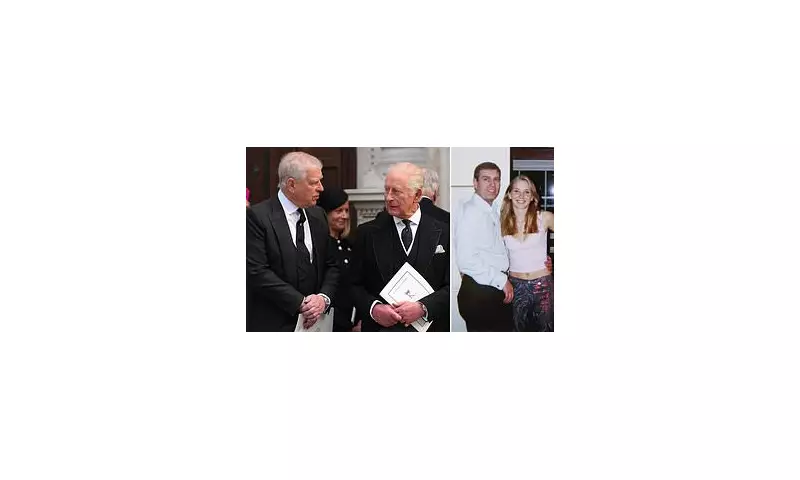
In a significant royal restructuring, Prince Andrew's financial arrangements and living situation are undergoing substantial changes as King Charles implements new measures within the monarchy. The Duke of York, who has occupied the 30-room Royal Lodge in Windsor since 2004, now faces uncertainty about both his residence and his income.
The Six-Figure Stipend Under Scrutiny
Sources close to the royal household reveal that Prince Andrew's annual allowance of approximately £250,000 is being carefully reviewed. This substantial sum, previously funded by the late Queen Elizabeth II from her private Duchy of Lancaster income, now falls under King Charles's purview as he streamlines royal expenditures.
Royal Lodge: A Residence in Question
The future of Andrew's lavish Windsor home hangs in the balance. Despite investing £7.5 million in renovations and holding a 75-year lease, the King is reportedly considering reclaiming the property. Royal Lodge represents more than just accommodation—it's become a symbol of Andrew's standing within the family structure.
Broader Royal Financial Restructuring
These changes form part of King Charles's wider strategy to modernise the monarchy's finances and operations. The review of Andrew's position comes amid:
- Ongoing efforts to create a more streamlined, cost-effective monarchy
- Continued fallout from Andrew's association with Jeffrey Epstein
- The King's desire to focus royal resources on working members of the family
- Preparations for potential future roles for Prince William and other senior royals
A Complicated Transition
The situation remains fluid, with negotiations ongoing between the King and his brother. Andrew has expressed reluctance to leave Royal Lodge, having made it his home for nearly two decades. The resolution of this arrangement will likely set precedents for how the monarchy handles non-working royals' support in the future.
This development marks another chapter in the ongoing evolution of the British monarchy under King Charles's leadership, balancing family relationships with the practical demands of modern royal governance.





